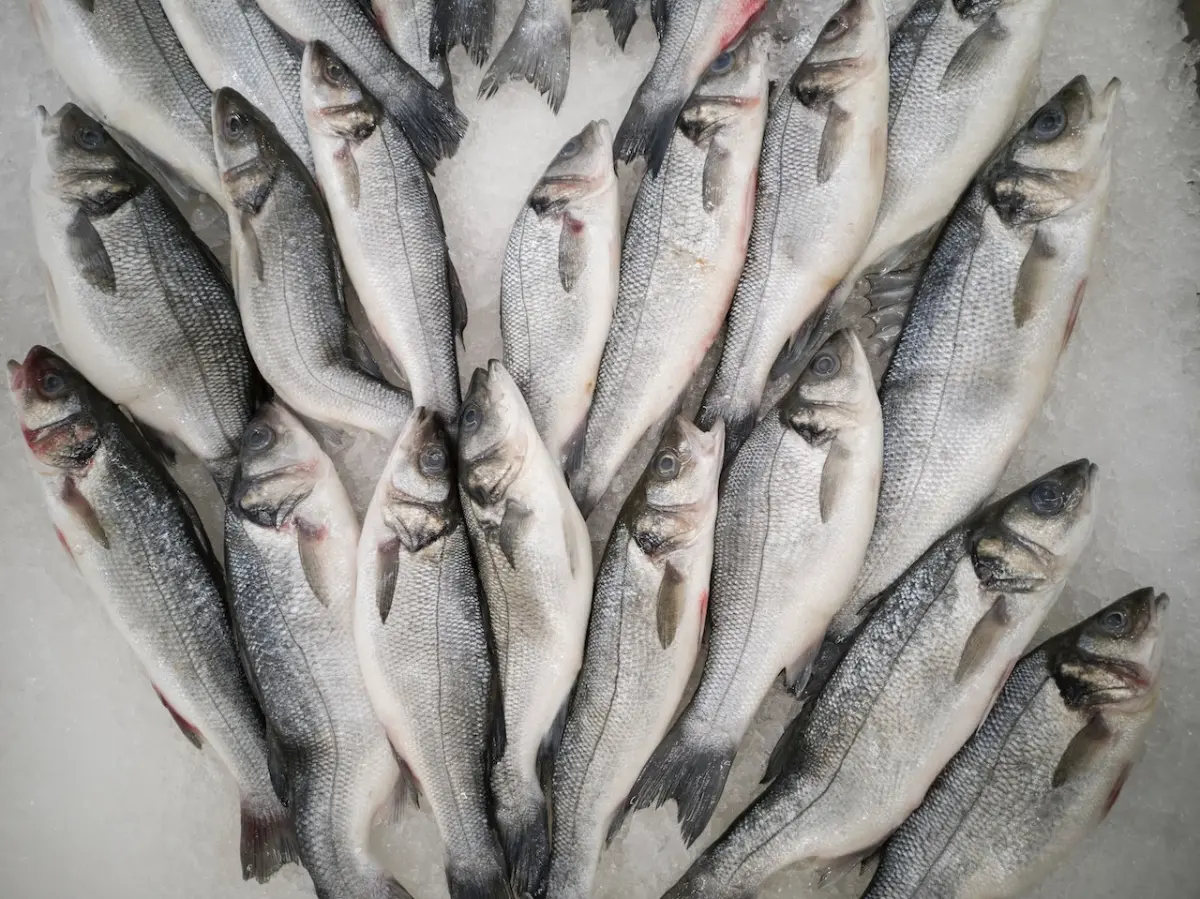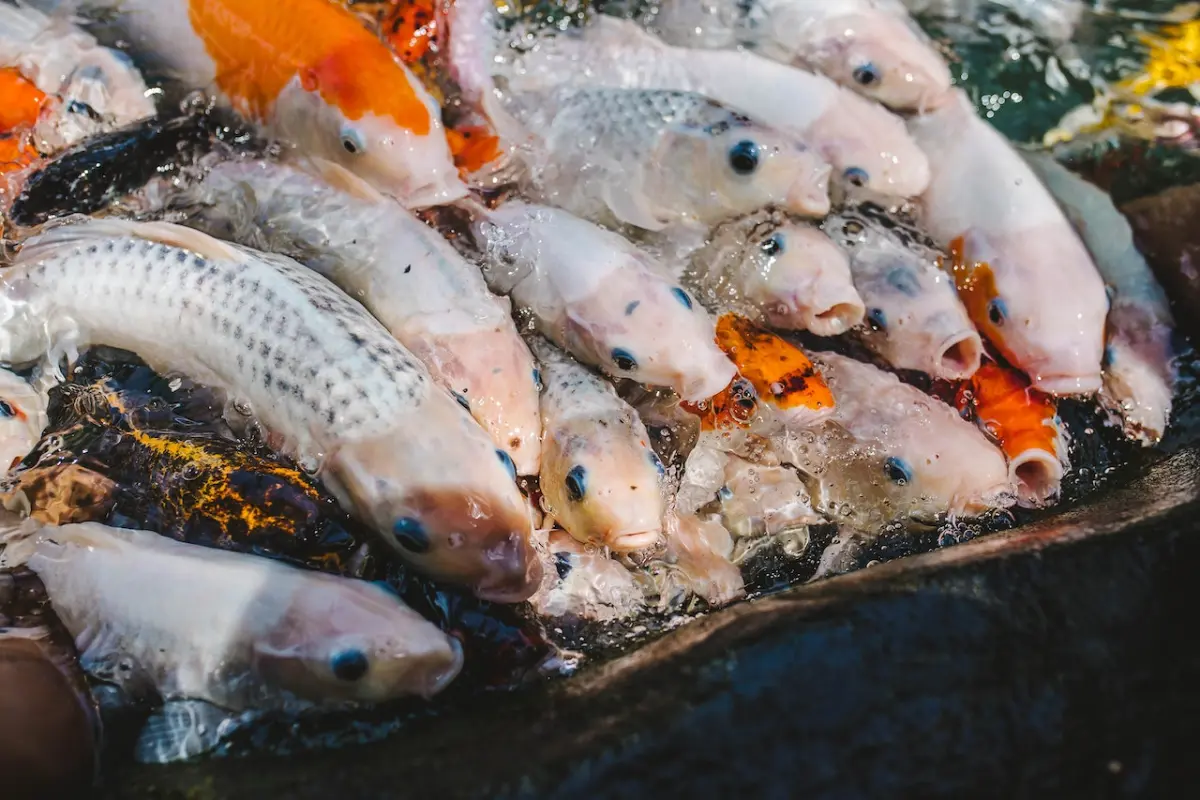Ferrets are carnivorous animals that are known for their playful nature and curious personalities. They require a diet high in animal protein and low in carbohydrates. But, can ferrets eat fish? This detailed article will explore the possibility of including fish in your ferret’s diet and its potential benefits and drawbacks.
Understanding Ferret’s Nutritional Needs
Before we dive into the topic of fish for ferrets, it’s essential to understand their nutritional requirements. Ferrets need a diet that is:
- High in animal protein (around 30-40%)
- High in fat (around 20-30%)
- Low in carbohydrates and fiber (less than 3%)
These requirements are based on their natural diet in the wild, which consists mainly of small prey animals like rodents and birds.

Can Ferrets Eat Fish?
The short answer is yes, ferrets can eat fish. However, it should not be the primary source of protein in their diet. Fish can be offered as an occasional treat or supplement to their regular diet, but it should not replace high-quality ferret food or other meat sources that provide the essential nutrients they need.
Benefits of Fish for Ferrets
- Protein source: Fish is a good source of animal protein, which is essential for ferrets. Including fish in their diet can help them meet their protein requirements.
- Omega-3 fatty acids: Fish, especially oily fish like salmon and mackerel, are rich in omega-3 fatty acids. These essential fatty acids can help improve your ferret’s coat condition and support their overall health.
- Variety: Offering fish as an occasional treat can provide some variety in your ferret’s diet, which can help prevent boredom and stimulate their appetite.
Potential Drawbacks of Feeding Fish to Ferrets
- Incomplete nutrition: Although fish is a good source of protein, it does not provide all the essential nutrients that ferrets need. Relying solely on fish as a protein source can lead to nutritional deficiencies.
- Bones: Fish bones can pose a choking hazard or cause injury to your ferret’s digestive tract. If you decide to feed fish to your ferret, make sure to remove all bones and choose boneless fillets.
- Mercury and other toxins: Some fish can contain high levels of mercury and other toxins, which can be harmful to your ferret if consumed in large quantities. To minimize this risk, opt for fish with lower mercury levels, such as salmon, sardines, or tilapia.
- Allergic reactions: Although rare, some ferrets may be allergic to fish. If you notice any signs of an allergic reaction, such as vomiting, diarrhea, or skin irritation, discontinue feeding fish and consult your veterinarian.
How to Feed Fish to Your Ferret
If you decide to offer fish as an occasional treat or supplement to your ferret’s diet, follow these guidelines:
- Choose the right fish: Opt for fish with lower mercury levels and high omega-3 fatty acid content, such as salmon, sardines, or mackerel.
- Remove bones: Always remove all bones from the fish before feeding it to your ferret. Choose boneless fillets to minimize the risk of injury.
- Cook the fish: Raw fish can contain parasites and bacteria that can be harmful to your ferret. Cook the fish thoroughly before feeding it to your ferret. Avoid using any oils, seasonings, or spices, as these can be harmful to ferrets.
- Serve in moderation: Remember that fish should not be the primary source of protein in your ferret’s diet. Offer it as an occasional treat or supplement, not as a replacement for high-quality ferret food or other meat sources.
- Monitor for reactions: Keep an eye on your ferret after feeding them fish, and watch for any signs of allergic reactions or digestive issues.
In conclusion, while ferrets can eat fish, it should not be the primary source of protein in their diet. Offer fish as an occasional treat or supplement, and always choose low-mercury, boneless options that are cooked thoroughly. Following these guidelines will help you provide your ferret with a varied and nutritionally balanced diet that supports their health and well-being.
